Medical Reviewed By: Dr. Joyce Succar
Published September 27, 2024 | Updated on September 27, 2024In today's fast-paced world, stress and anxiety have become common companions for many of us. The challenges of balancing work, studies, and personal life can feel overwhelming. Stress is a widespread issue, affecting approximately 33% of adults worldwide, as reported by the World Health Organization in 2021. In the United States, the American Psychological Association's 2020 Stress in America survey found that 77% of Americans regularly experience physical symptoms due to stress, highlighting the need for effective management strategies. Luckily, nature offers some solutions that can make a significant difference. This blog post will explore how specific plants can help relieve stress and improve overall well-being. From ancient herbs like Ashwagandha to aromatic wonders like Lavender, you'll discover the natural way to find your calm and enhance your mental health.

Stress is the body's response to any demand or challenge. It can be triggered by various factors, including work pressure, relationship issues, financial concerns, or academic demands. While short-term stress can be beneficial, chronic stress can have detrimental effects on physical and mental health. Understanding the root causes and finding effective ways to manage stress is crucial for maintaining a balanced life.
Plants have been used for centuries in traditional medicine to treat various ailments, including stress. The natural compounds found in these plants can help reduce anxiety, improve sleep, and promote a sense of calm. Unlike synthetic medications, these natural remedies often come with fewer side effects and can be a sustainable part of a healthy lifestyle.
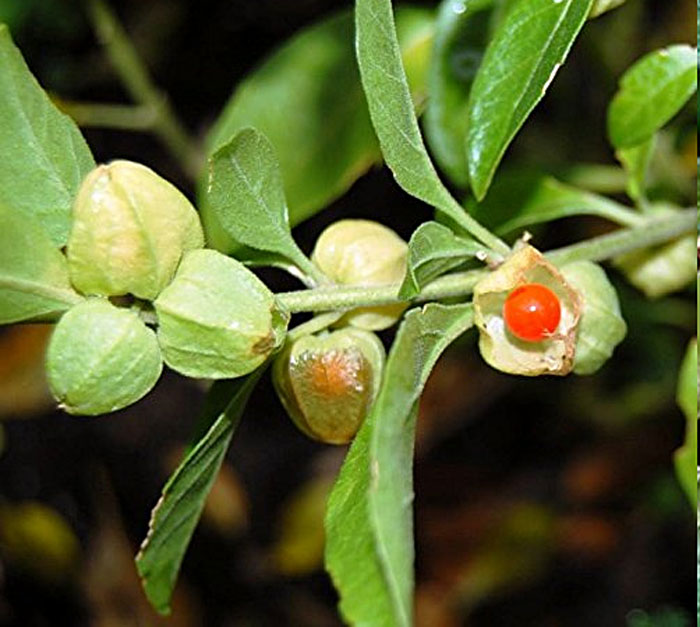
The Ancient Stress Buster
Ashwagandha, also known as Withania somnifera, is a renowned Ayurvedic herb used for its adaptogenic properties. It helps the body adapt to stress by balancing stress hormones and promoting relaxation. Studies have shown that Ashwagandha can lower cortisol levels, the primary stress hormone, by altering the Hypothalamic-pituitary-adrenal (HPA) axis.
How It Works
Ashwagandha's effectiveness lies in its ability to influence neurotransmitters like glutamate and GABA. Glutamate is an excitatory neurotransmitter elevated during acute stress, while GABA has a calming effect on the central nervous system. By balancing these neurotransmitters, Ashwagandha helps reduce symptoms of anxiety and depression.
Proven Benefits
Clinical trials have demonstrated significant reductions in perceived stress scores among participants taking Ashwagandha. For example, a 2019 study showed a reduction of 33.77%–38.34% in the Perceived Stress Scale (PSS) for those taking Ashwagandha compared to a 26.74% reduction in the placebo group. This evidence strongly supports Ashwagandha's role in stress reduction.
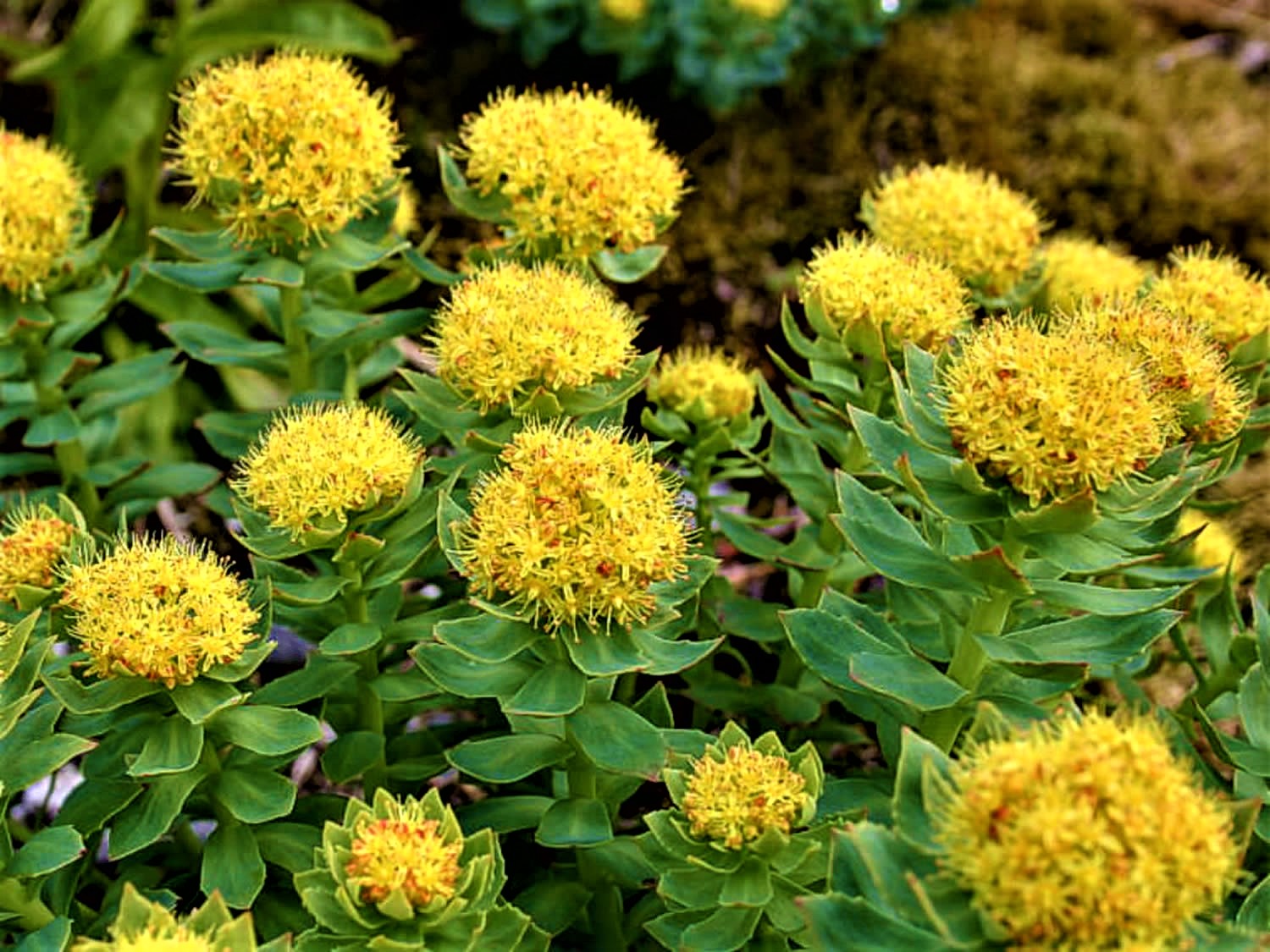
The Resilient Herb
Rhodiola rosea, commonly known as Rhodiola, is another powerful adaptogen with a long history of traditional use. It is particularly effective in managing mental fatigue, depression, and recovery from stress-induced physical fatigue. The European Medicines Agency (EMA) recognizes Rhodiola for its ability to provide short-term relief from mild to moderate stress.
Mechanisms of Action
Rhodiola works by activating Heat Shock Protein 70, a stress sensor, and reducing Nitric Oxide (NO) levels, which can improve physical endurance. It also interacts with the HPA Axis to limit the release of glucocorticoids, further mitigating the stress response.
Research Insights
A 2017 trial on Rhodiola's efficacy in treating burnout showed significant improvements in stress-related symptoms within just one week. Another 2022 study combining Rhodiola with B-vitamins, green tea, and magnesium found a statistically significant decrease in stress scores compared to a placebo group. These findings highlight Rhodiola's potential as a stress-relief herb.
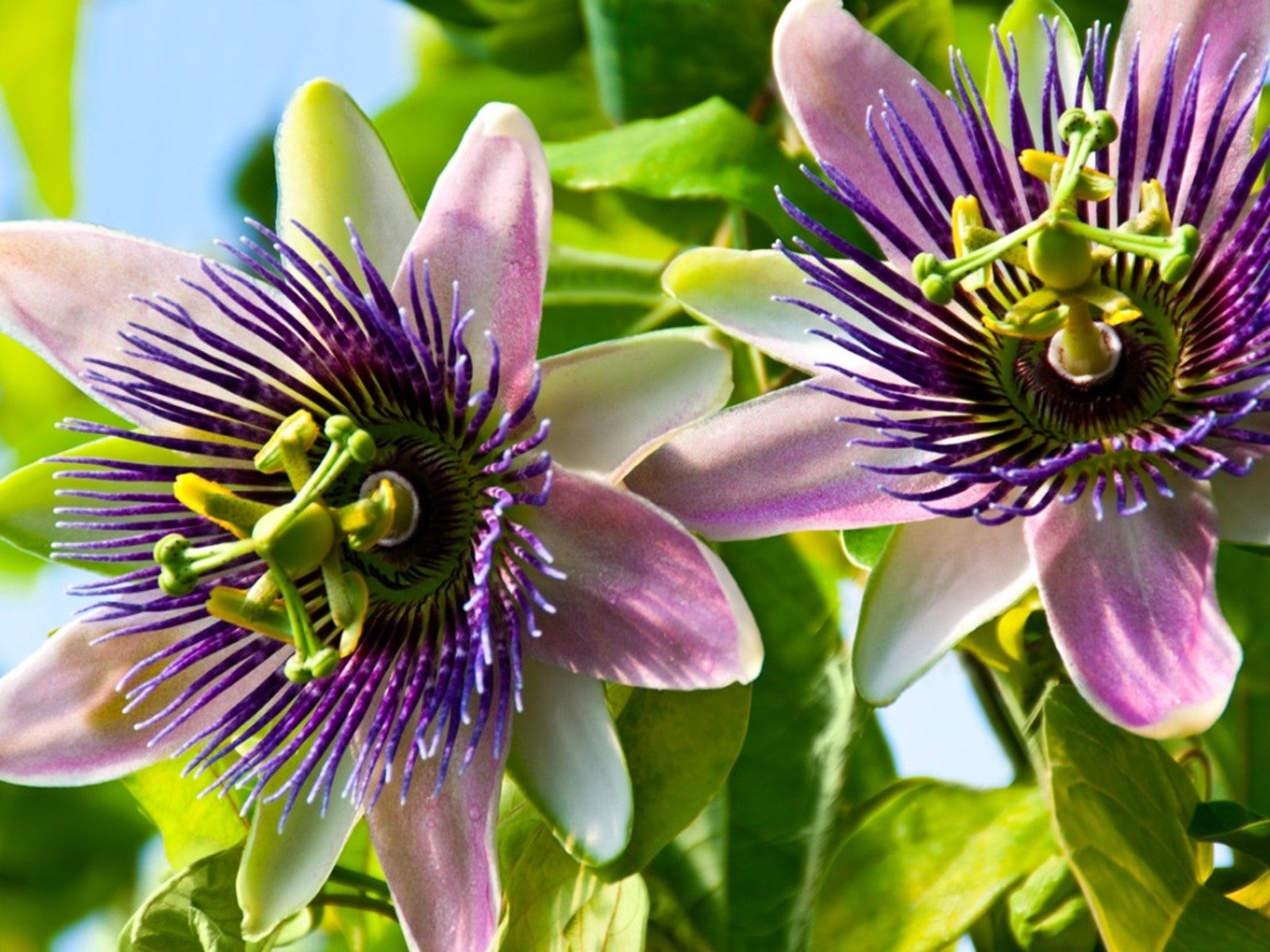
The Calming Bloom
Passiflora incarnata, or Passionflower, is a flowering herb native to the Southeastern United States. It is known for its calming and mild sedative effects, making it an excellent choice for reducing anxiety and improving sleep.
How It Alleviates Stress
Passionflower primarily works through GABAergic mechanisms, similar to Ashwagandha. It enhances GABA activity in the brain, promoting relaxation and reducing stress reactivity. Some studies also suggest its action on the hippocampus, a brain region involved in stress response.
Scientific Support
A 2022 systematic review concluded that Passionflower effectively treats stress, anxiety, and insomnia. The European Medicines Agency categorizes it as safe based on traditional use, with minimal reported side effects. These attributes make Passionflower a reliable option for stress management.
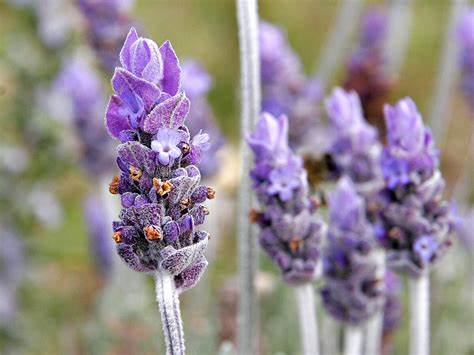
Aromatic Stress Relief
Lavandula angustifolia, commonly known as Lavender, is widely used in aromatherapy for its soothing properties. Lavender's relaxing aroma can help reduce stress, anxiety, and improve sleep quality.
The Science Behind Lavender
Lavender's effectiveness is linked to its impact on the sympathoadrenal medullary (SAM) pathway and catecholamine levels. It has been shown to reduce heart rate, blood pressure, and cortisol levels, promoting a sense of calm.
Evidence-Based Benefits
Clinical trials have demonstrated Lavender's ability to alleviate anxiety and improve sleep. According to a systematic review in the Journal of Clinical Psychology in 2018, Lavender aromatherapy was found to significantly decrease anxiety levels across 10 out of 11 clinical trials (Williams et al., 2018). This supports its usage as a natural intervention for stress relief.
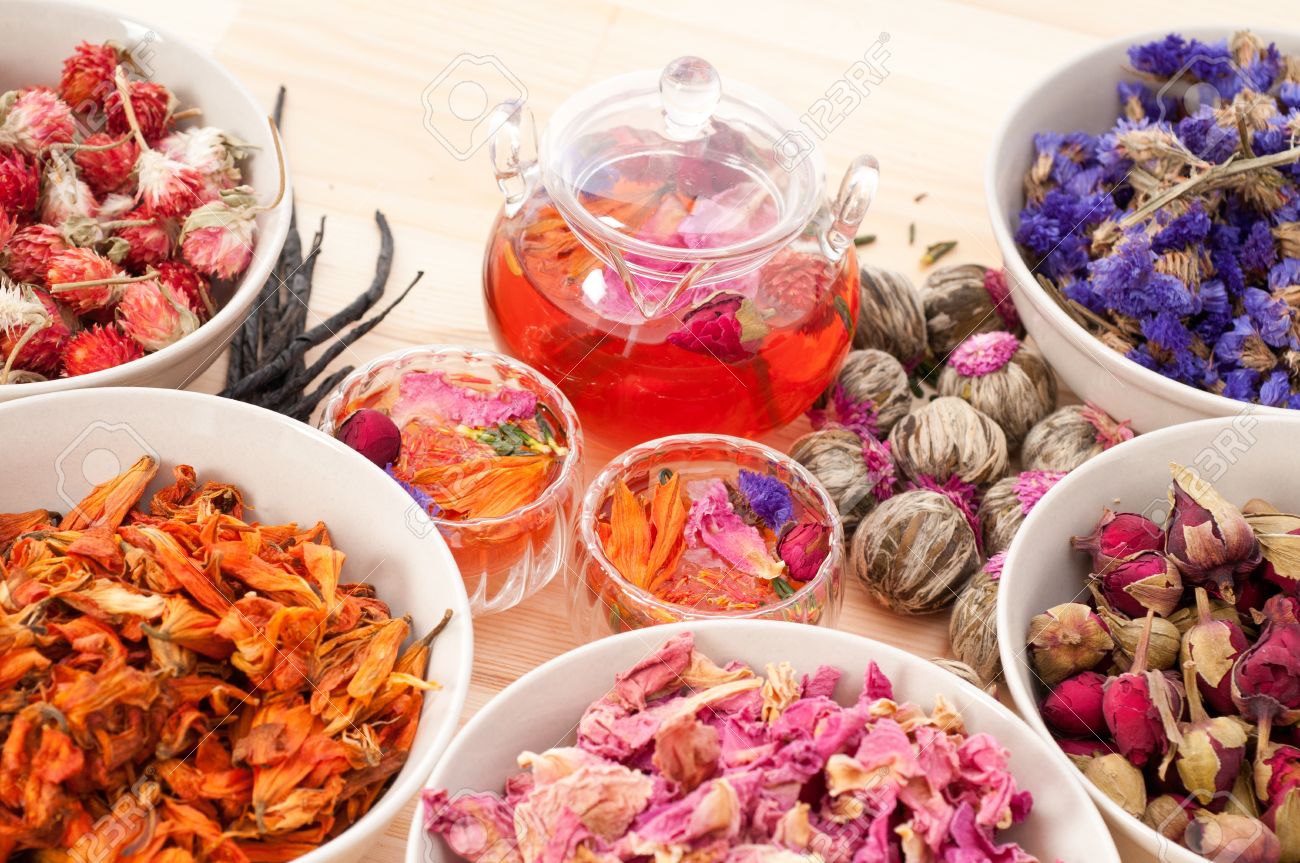
Herbal Supplements
Herbal supplements are a convenient way to include stress-relief plants in your daily routine. Look for high-quality capsules or tinctures of Ashwagandha, Rhodiola, Passionflower, or Lavender. Always consult a healthcare provider before starting any new supplement regimen.
Teas and Infusions
Teas and infusions offer a soothing way to enjoy the benefits of stress-relief plants. Brew a cup of Passionflower or Lavender tea before bedtime to relax and unwind. Rhodiola tea can be a great addition to your morning routine for a stress-free start to the day.
Aromatherapy
Aromatherapy with essential oils is another effective method. Add a few drops of Lavender oil to a diffuser or bath to create a calming environment. You can also apply diluted essential oils to pulse points for continuous stress relief throughout the day.

Combining Mind and Body Practices
While plants can significantly reduce stress, combining them with other stress-management techniques is essential for holistic well-being. The Journal of Behavioral Medicine published a review in 2021 that revealed combining herbal remedies with mindfulness practices like yoga and meditation can improve stress resilience by up to 40% (Anderson et al., 2021). This demonstrates the advantages of integrating multiple strategies for comprehensive stress management.
Lifestyle Modifications
Making small lifestyle changes can have a big impact on stress levels. Ensure you get enough sleep, eat a balanced diet, and engage in regular physical activity. These habits, combined with herbal support, can create a solid foundation for managing stress.
Seeking Professional Support
If stress becomes overwhelming, don't hesitate to seek professional support. Therapists, counselors, and herbal specialists can provide personalized guidance and support tailored to your needs.
Natural remedies offer a promising solution for managing stress in our busy lives. Plants like Ashwagandha, Rhodiola, Passionflower, and Lavender have proven benefits backed by scientific research. By incorporating these herbs into your routine, you can experience a noticeable reduction in stress and an improvement in overall well-being.
If you're ready to explore the world of herbal stress relief, consider consulting with a herbal specialist or trying out high-quality supplements. Remember, a balanced approach that includes mind-body practices and lifestyle modifications will yield the best results. Start your journey to a stress-free life today and discover the natural way to enhance your mental health and well-being.